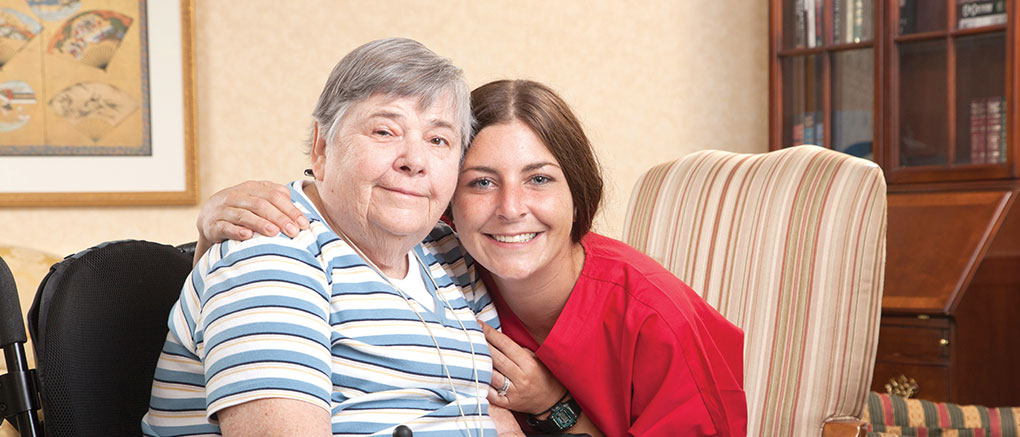Common Questions About Home Care
Because of the personalized nature of home care, there is not always a single answer for every question. Below are some general responses to some of the most commonly asked questions about home care, but to get an answers that apply to your specific situation, please give us a call at (888)-422-9232.
- How long does home care last?
There is no set length of time for home care—it can vary greatly based on a person’s unique needs. Some home care services may last for a few weeks, while others may be lifelong. If a physician is prescribing your home care, he or she will oversee services until your recovery goals are met. However, if you are making the decision to start home care on your own, you can determine how many hours a week of care you need, and how often. Some home care providers may have a minimum hourly commitment to start care, or require you to sign a contract for a certain duration of time, so it’s important to ask any provider you consider. - Can you only get home care in a private residence? No. Home care services can be provided wherever home is—a private residence, a senior living community, or while staying with a friend or family caregiver.
- How do people pay for home care?
This varies from situation to situation. There are many different ways people pay for their home care costs. Some services may be covered by a type of insurance you have, or by Medicare or Medicaid. Some may be covered by workers’ compensation or by Veterans benefits. Also, services can be paid for directly by the person receiving care, which is commonly referred to as “private pay.”
To ensure you are receiving the right service, at the right time, under the right benefit, it’s important to be aware of all of the various sources available to help pay for your home care services (such as Medicare, your health insurance plan, long-term care insurance, or others.) A home care provider may have specialists who can help you understand if the services you need may be covered by outside sources, and then contact those sources to determine your eligibility. Then, if your care services are in excess of what your coverage allows, you have the option of paying the difference out of pocket. The How to Pay section of the BAYADA website provides comprehensive information on payment options.

- I need to find home care that is “Medicare-certified.” What does that mean?
Many people researching home care may have been prescribed home health services by their physician, and are trying to find a provider whose services are covered by their Medicare home health benefit. The Medicare benefit covers 100 percent of home care services when certain qualifying conditions are met.
If you have Medicare coverage, you must choose a home health care provider that Medicare has approved. BAYADA’s home health care services are Medicare-certified.
More specific information about the Medicare home health benefit can be found on the medicare.gov website.

- Who comes into my house to provide the care?
Different types of care require different certifications and training. Depending on your specific needs, the caregivers and clinicians coming into your home can vary. You could have different caregivers at different times of the day, week, or month as part of your care. Personal care and companionship services are most often provided by a home health aide (HHA) or certified nursing assistant (CNA). Private duty nursing care and home health care services are provided by registered nurses (RNs) or licensed practical nurses (LPNs), physical therapists (PTs), occupational therapists (OTs), or speech language pathologists (SLPs). A medical social worker (MSW) can help individuals and family members connect with community resources.
Additionally, depending on the provider you choose, there may be other professionals who don’t come to your home on a regular basis, but can be instrumental in helping to manage your care. These experts may help with things like overseeing your overall care experience, coordinating schedules, billing insurance companies and Medicare directly, and verifying your benefits eligibility. - Why would somebody use home care?
Home care enables a person to live as independently as possible without having to give up the comforts of their own home. It allows them to be in a familiar environment, sleep in their own bed at night, and stay close to loved ones like family, friends, and pets. It also brings peace of mind to know they have access to skilled, consistent, reliable care when it’s needed, even if those needs change.
When compared to other alternatives of care, home care can be significantly more cost effective. According to the Centers for Medicare and Medicaid Services (CMS), at-home care is usually less expensive, more convenient, and effective.

